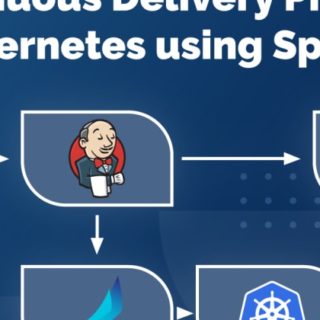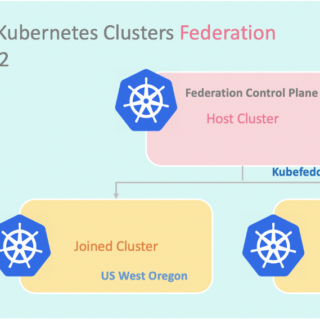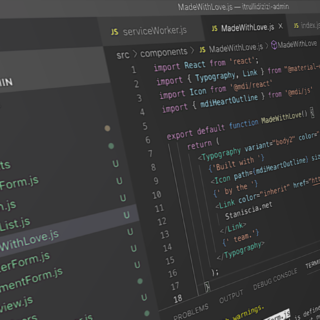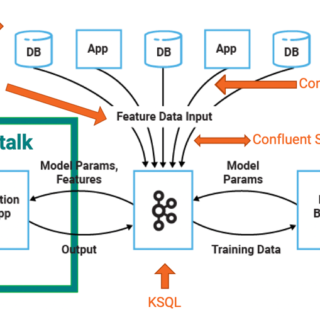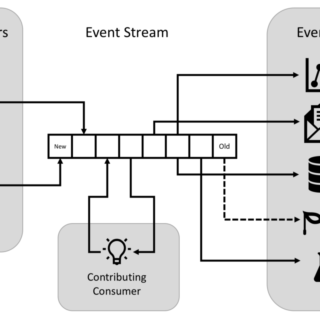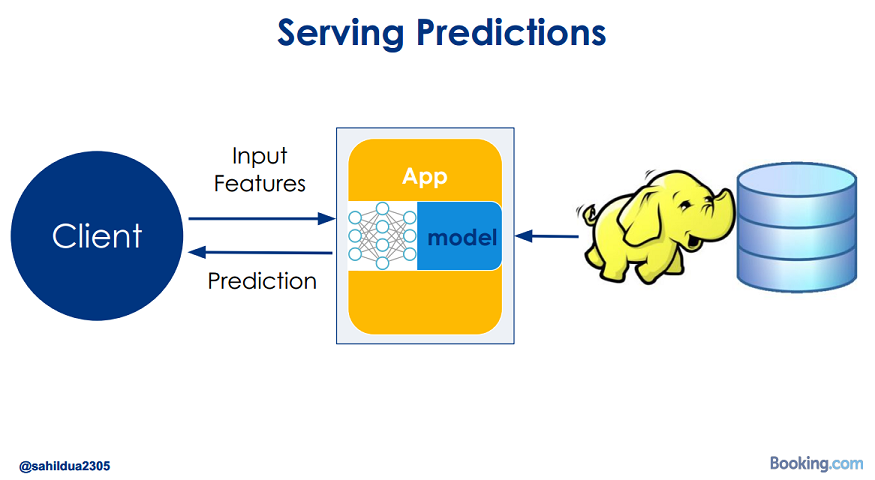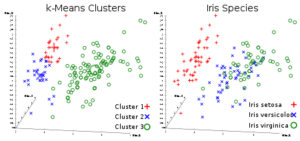VSCode DevContainer + Docker – DockerDesktop… on Windows!
Visual Studio Code with the DevContaier feature has always been one of the things I have most appreciated. With DockerDesktop a lot of automation is now hidden, but if you want just docker-cli and the same feature of VSCode? On windows can be a nightmare! This beautiful guide solves all the problems, for me it was very helpful I hope it will be for you too!

